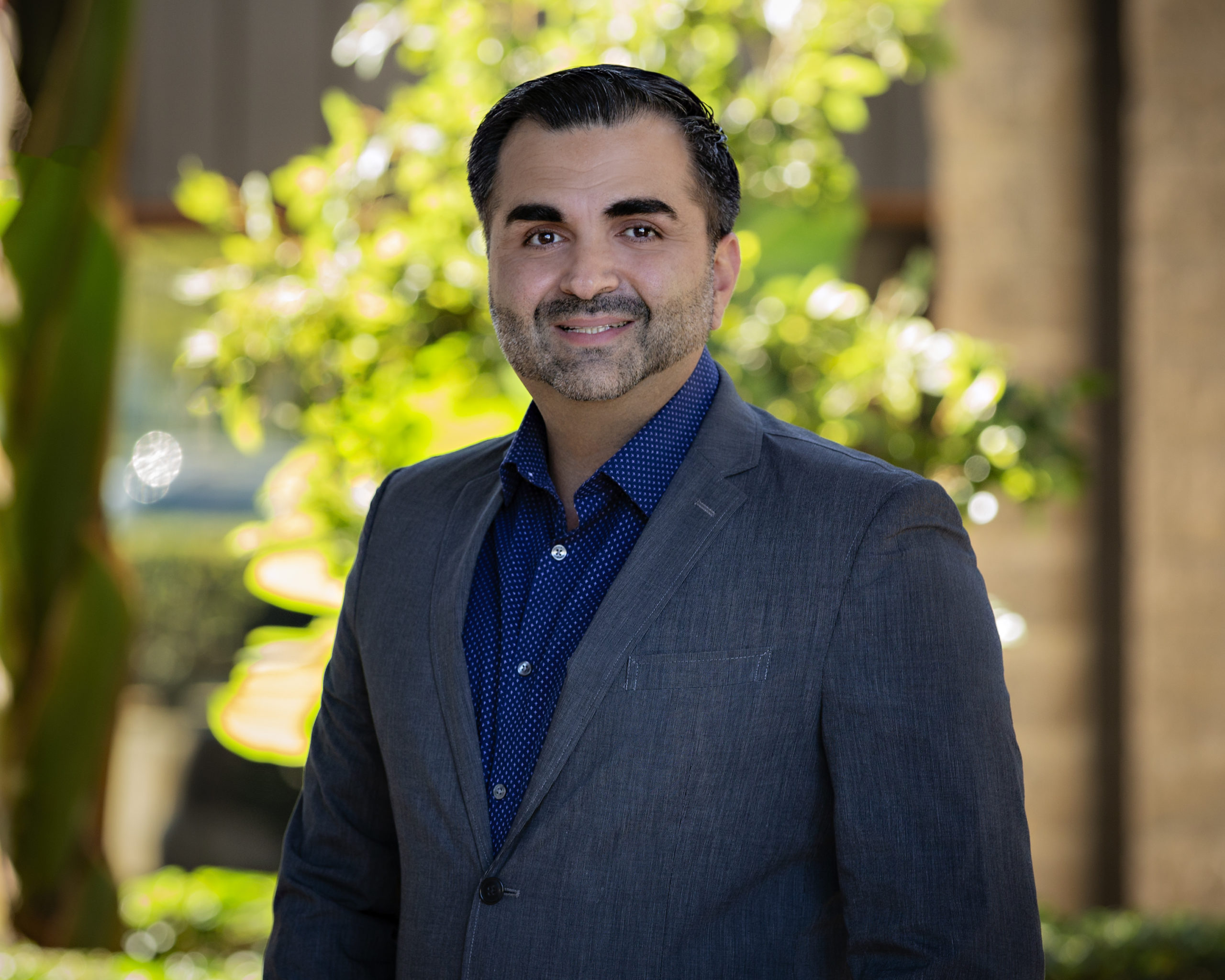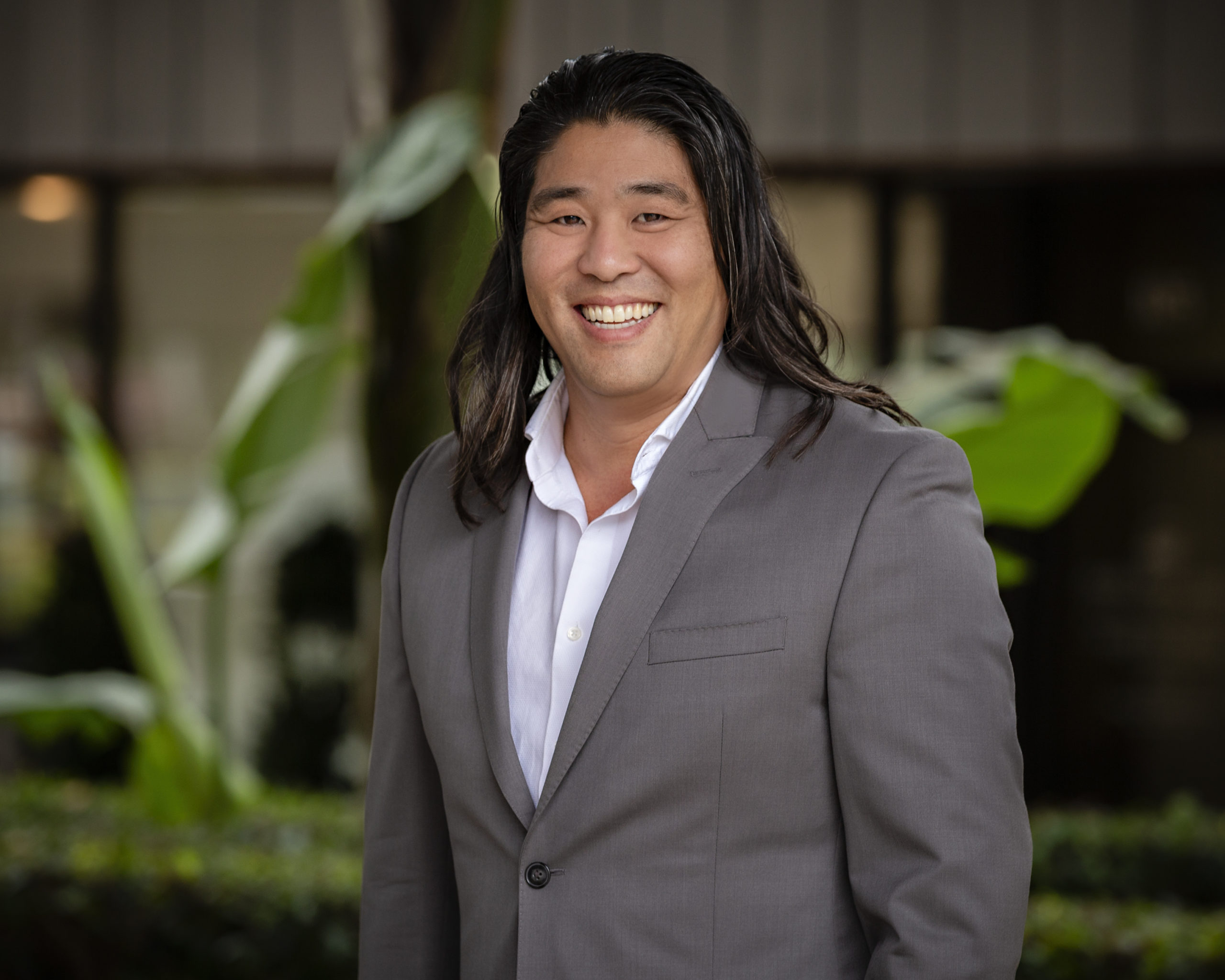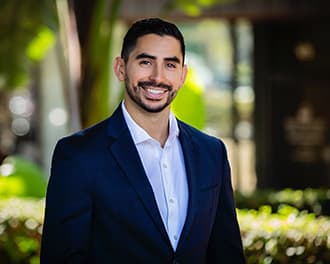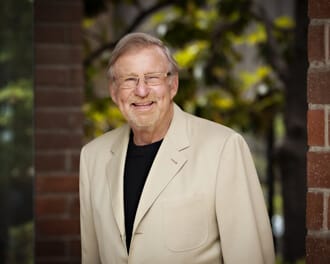Medical Detox and Residential Care For Substance Abuse
Substance Use Disorder (SUD) can impact individuals at any point in their lives. A treatment program for substance abuse can assist someone in successfully overcoming and managing their disorder.
At Oceanfront Recovery in Laguna Beach, California, we offer addiction treatment programs designed to give comprehensive, individualized support. Our experts understand the challenges of seeking help for substance abuse. That’s why our Residential Treatment Program creates a safe and compassionate space for healing and recovery.
Our outpatient programs provide flexible support for anyone who needs help with addiction but doesn’t require constant care. Whether it’s alcohol, drugs, or something else you’re dealing with, our caring team is here to help you get your life back from addiction.

Getting An Addiction Treatment at Oceanfront Recovery
After detox, our licensed team will help you or your loved one move from dependence to recovery. In our program, we use proven therapies like cognitive-behavioral therapy (CBT) and dialectical behavior therapy (DBT). We tackle the root causes of substance use through one-on-one counseling, group sessions, and holistic methods. We empower individuals to develop coping skills and strategies for long-term sobriety.
Recovery is a journey, and we are here to support you at every step. Call us at 877.296.7477 to find out how our Laguna Beach center can help you or your loved one overcome addiction and start a healthier, happier life.
What is Substance Abuse?
Substance abuse means using drugs or alcohol in harmful or excessive ways, causing bad effects on physical health, mental state, and social connections. It is a complex and multifaceted issue that can impact individuals of all ages, backgrounds, and walks of life.
At its core, substance abuse involves the misuse or overuse of substances such as alcohol, prescription medications, illicit drugs, or other mind-altering substances. While occasional or moderate substance use may not necessarily constitute abuse, when consumption becomes compulsive, uncontrollable, and detrimental to one’s life, it crosses into the realm of substance abuse.
Substance abuse is often indicated by a pattern of behaviors, including:
- Continued use of substances despite experiencing negative consequences
- Cravings or urges to use substances regularly
- Difficulty controlling or limiting substance use
- Prioritizing substance use over personal responsibilities, relationships, or obligations
- Engaging in risky behaviors while under the influence of substances
The importance of recognizing substance abuse is not solely a matter of personal choice or moral failure but rather a complex interplay of genetic, environmental, and psychological factors. Individuals who struggle with substance abuse may face stigma, shame, and isolation, further complicating their ability to seek help and recover.
Fortunately, substance abuse is a treatable condition, and recovery is possible with fitted support and resources. Professional treatment programs, such as those offered at Oceanfront Recovery of Orange County, provide individuals with the tools, therapies, and guidance they need to address underlying issues, develop coping skills, and build a fulfilling life free from the grip of addiction.
If you or someone you care about is struggling with substance abuse, do not hesitate to reach out for help. Our compassionate team is here to offer support, encouragement, and personalized treatment options to help you embark on the journey to recovery.
Contact us today at 877.296.7477 to learn more about our substance abuse treatment programs and take the first step towards a brighter, healthier future. Our admissions team works with major in-network providers to cover the cost of treatment so that you or your loved one can focus on essential steps to recovery.
Oceanfront Recovery works with most in-network partners and
may cover ALL costs so you or your loved one can focus on recovery.
Work with in-house licensed specialists and receive the high-quality treatment you need immediately.

Defining Substance Use Disorder
Substance use disorder is a medical issue marked by persistent drug or alcohol use despite negative outcomes. Recognized as a mental health disorder, it can cause major disruptions in daily life, interpersonal relationships, and overall health. This complex condition affects individuals from all walks of life and requires comprehensive Dual-Diagnosis Treatment to address its multifaceted aspects effectively.
Symptoms Of Substance Use Disorder May Include:
- Increased tolerance
- Withdrawal symptoms when trying to stop using
- Inability to control substance use
- Continued use despite negative consequences
- Spending a lot of time obtaining, using, and recovering from substances
- Neglecting responsibilities or activities
At Oceanfront Recovery, we recognize the profound and devastating effects of Substance Use Disorder (SUD) on both individuals and their families. Situated in the serene setting of Laguna Beach, California, our Substance Abuse Treatment Program is structured to meet the distinct needs of each client, ensuring a more personalized approach to recovery.
Our Residential Treatment Programs for substance abuse offer a supportive environment where individuals can focus on their recovery journey free from external triggers and distractions. Through the commitment and guidance of our licensed professionals, our evidence-based therapies and holistic approaches empower clients to break free from the grip of addiction and regain control of their lives.
Addiction, or substance use disorder, not only affects behavior but also alters brain chemistry, making it difficult for individuals to control their cravings. Our outpatient substance abuse treatment programs incorporate specialized interventions to address these neurological changes and help clients develop healthy coping mechanisms.
Recovery is possible with conventional support and treatment. If you or someone you love is struggling with substance use disorder, don’t hesitate to reach out to us at 877.296.7477. Our dedicated team is here to guide you through every step of the recovery process and help you build a brighter, substance-free future.
Symptoms Of Substance Abuse
Recognizing the signs and symptoms of substance abuse is crucial for early intervention and treatment. While these manifestations can vary depending on individual physiology and the substance involved, there are common indicators to be mindful of. These signs may include:
- Changes in mood or behavior
- Using substances as a way to cope with stress or emotions
- Neglecting personal hygiene and appearance
- Financial problems due to substance use
- Legal issues related to substance use
At Oceanfront Recovery, we understand that acknowledging the presence of these symptoms can be challenging. It is the first step toward seeking help and embarking toward the direction of recovery. Our substance abuse treatment program in Laguna Beach, California, provides a safe and supportive environment where individuals can address their addiction issues with compassion and expertise.
Through our comprehensive residential and outpatient substance abuse treatment programs, we offer personalized care tailored to each client’s unique needs. Our goal is to empower individuals to break free from the cycle of addiction and regain control of their lives.
Addiction is a complex health condition that requires professional support to address effectively. Our team of experienced professionals is committed to providing proven therapies and encompassing approaches to facilitate lasting recovery.
If you or someone you care about is struggling with substance abuse, do not hesitate to reach out to us at 877.296.7477. We are here to help you take the first step toward healing and reclaiming a life free from addiction.
Who We Are
Oceanfront Recovery is a drug and alcohol rehab center in Orange County, California. Our addiction center provides a long-term path to sobriety with the support of our in-house specialists.
Oceanfront Recovery
312 Broadway St STE 202
Laguna Beach, CA 92651
What is the most common type of substance disorder?
The most common type of substance use disorder varies depending on factors such as geographic location, societal norms, and individual preferences. However, globally, Alcohol Use Disorder (AUD) is often considered one of the most prevalent substance use disorders.
Alcohol use disorder is present with problematic patterns of alcohol consumption that lead to significant impairment or distress. Symptoms of AUD may include a hankering for alcohol, inability to control drinking, continued use despite downside consequences, and withdrawal symptoms when not drinking.
It is important to acknowledge that while alcohol use disorder is a prevalent type of substance use disorder, other substances such as opioids, cannabis, stimulants, and prescription medications can also lead to substance use disorders. These substances can have significant impacts on individuals’ lives.
Ultimately, the prevalence of different types of substance use disorders may vary across populations and regions however all substance use disorders require attention, understanding, and effective treatment to address the complex challenges they present.
Which hormone is responsible for addiction?
The hormone primarily responsible for addiction is dopamine. Dopamine is a neurotransmitter, commonly known as the brain’s “feel-good” chemical, which plays a crucial role in the brain’s reward system. When a person engages in activities that are pleasurable or rewarding, such as consuming drugs or alcohol, dopamine is released in the brain, producing feelings of pleasure and reinforcement.
In the context of addiction, repeated exposure to addictive substances or behaviors can lead to changes in the brain’s dopamine system. Over time, the brain may become less responsive to natural rewards and more reliant on the artificial stimulation provided by addictive substances or behaviors. This can contribute to the development of tolerance, dependence, and compulsive drug-seeking behaviors characteristic of addiction.
While dopamine is the essence of the addiction process, it is important to recognize that addiction is a complex condition influenced by various factors, including genetic predisposition, environmental influences, and psychological factors. Dopamine’s role in addiction highlights the importance of understanding how the brain’s reward system functions and how it can be hijacked by addictive substances or behaviors.
The Importance Of Substance Abuse Prevention and Treatment Programs
Substance abuse programs play a pivotal role in saving lives and providing individuals with the tools and support they need to overcome addiction. Recognizing that each person’s journey to recovery is unique, treatment approaches and therapies must be tailored to meet individual needs effectively.
At Oceanfront Recovery, our team understands the importance of offering a diverse range of evidence-based therapies to address the complex nature of alcohol and drug addiction. Our comprehensive approach to recovery includes therapies such as:
Through these therapeutic modalities, individuals can explore the underlying issues contributing to their addiction and develop healthy coping mechanisms to sustain long-term recovery.
Our in-house licensed and supportive staff are committed to guiding clients through each step of the recovery process and preventing relapse. Empowering each individual to take ownership of their journey to sobriety. We recognize the significance of specialized treatment programs tailored to specific substances, including:
- Alcohol addiction treatment
- Heroin addiction treatment
- Prescription drug addiction treatment
- Opiate addiction treatment
- Benzodiazepine addiction treatment
Addiction is a heavy burden to bear alone, and seeking professional help is essential for lasting recovery. Our substance abuse treatment programs provide a safe and nurturing environment where individuals can heal and grow.
Struggling with addiction is difficult and you or your loved one should not feel helpless. Do not hesitate to reach out to Oceanfront Recovery at 877.296.7477 and start the journey to recovery. Our dedicated team is here to offer support, guidance, and hope on your journey to a life free from substance dependence and behavioral health.
Call Oceanfront Recovery To Begin Substance Addiction Treatment
If you are one of the millions of Americans who suffer from substance use disorder, we can help. Call California’s Oceanfront Recovery today at 877.296.7477 to speak to one of our experienced admission team members. Let us help you begin to reclaim your life with our specialized substance abuse treatment programs. Contact our specialists today to learn more about our level of care for substance abuse treatment programs in Laguna Beach, CA.
CLINICAL TEAM

Dr. Mandy Neeble-Diamond
CLINICAL SUPERVISOR

Dr. Mahallati

Matthew Kinoshita, LMFT
Clinical Director

Ernesto Paz, LMFT
Lead Therapist





